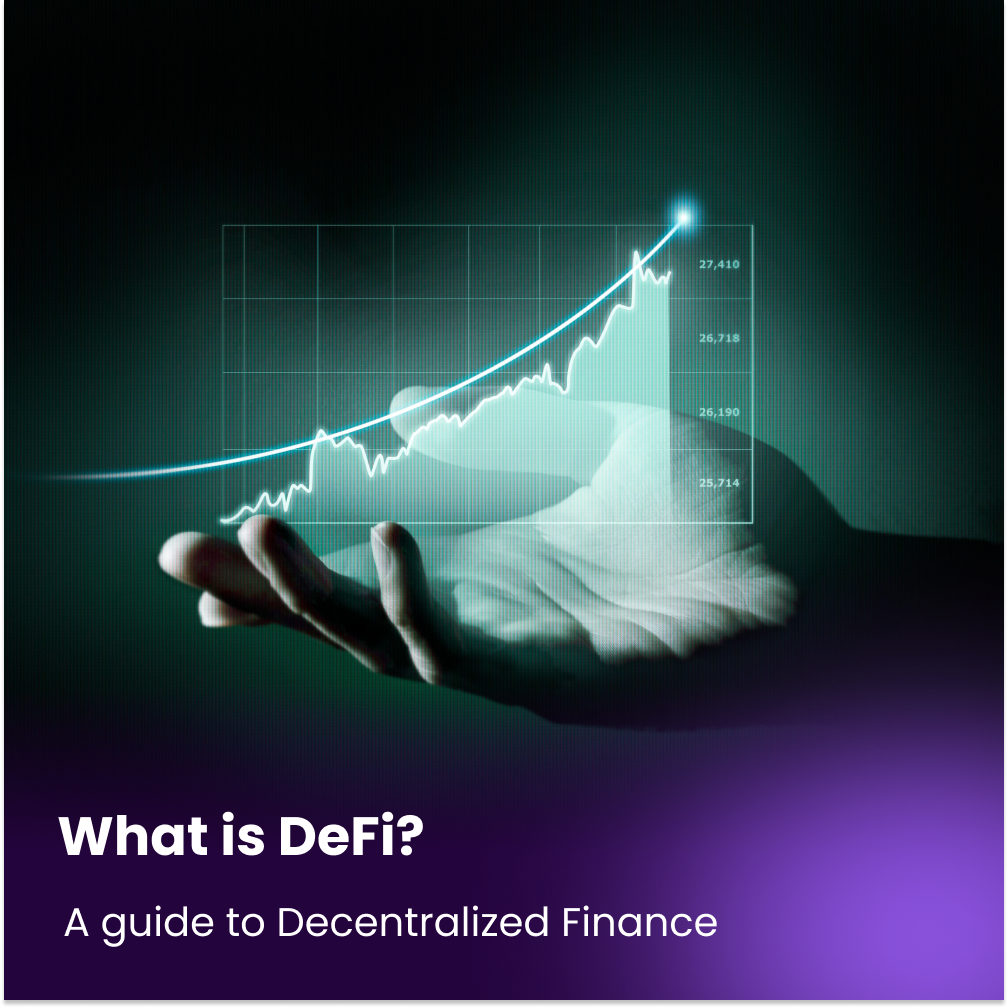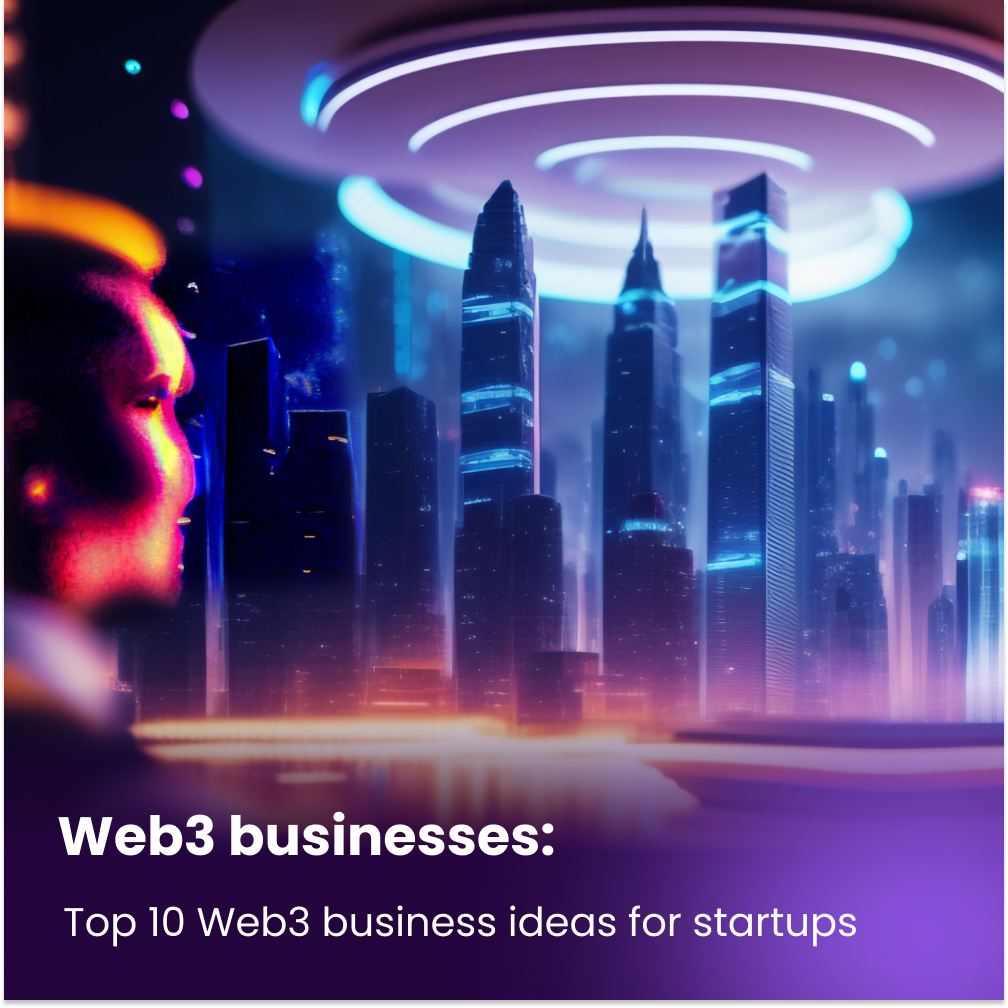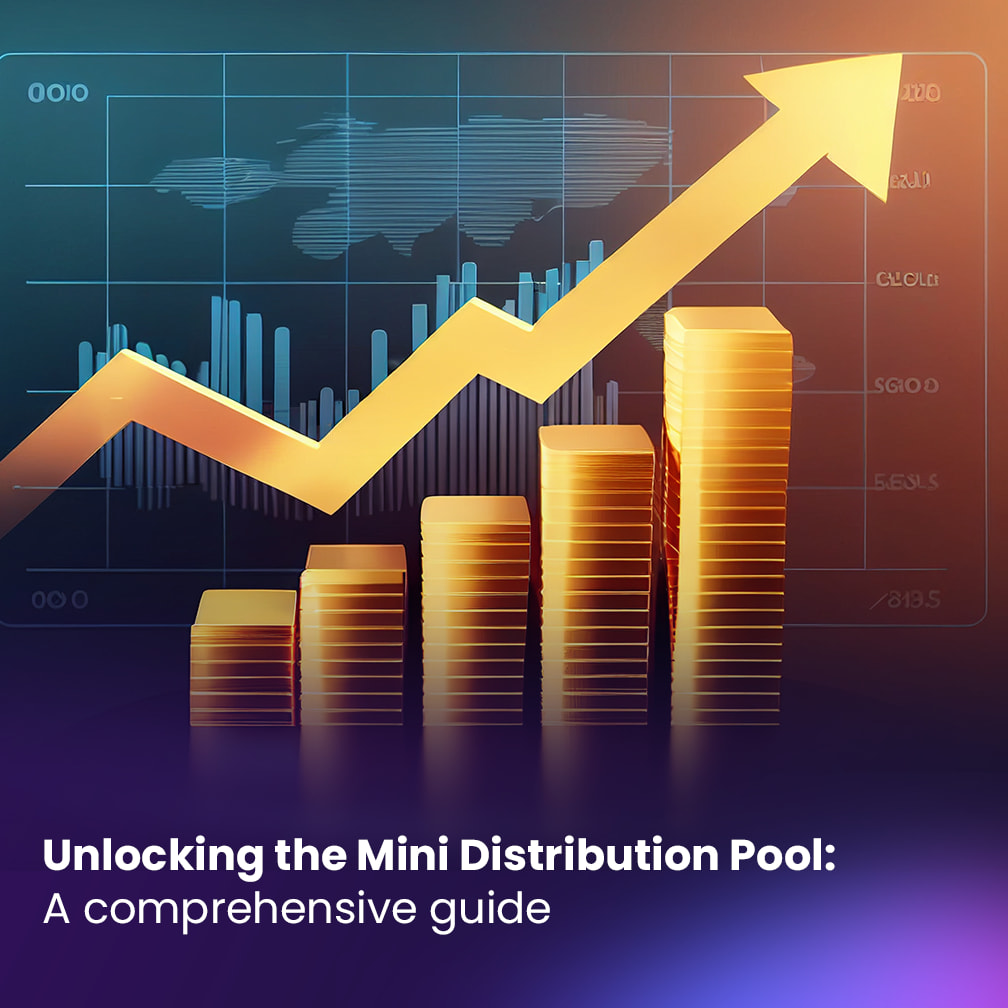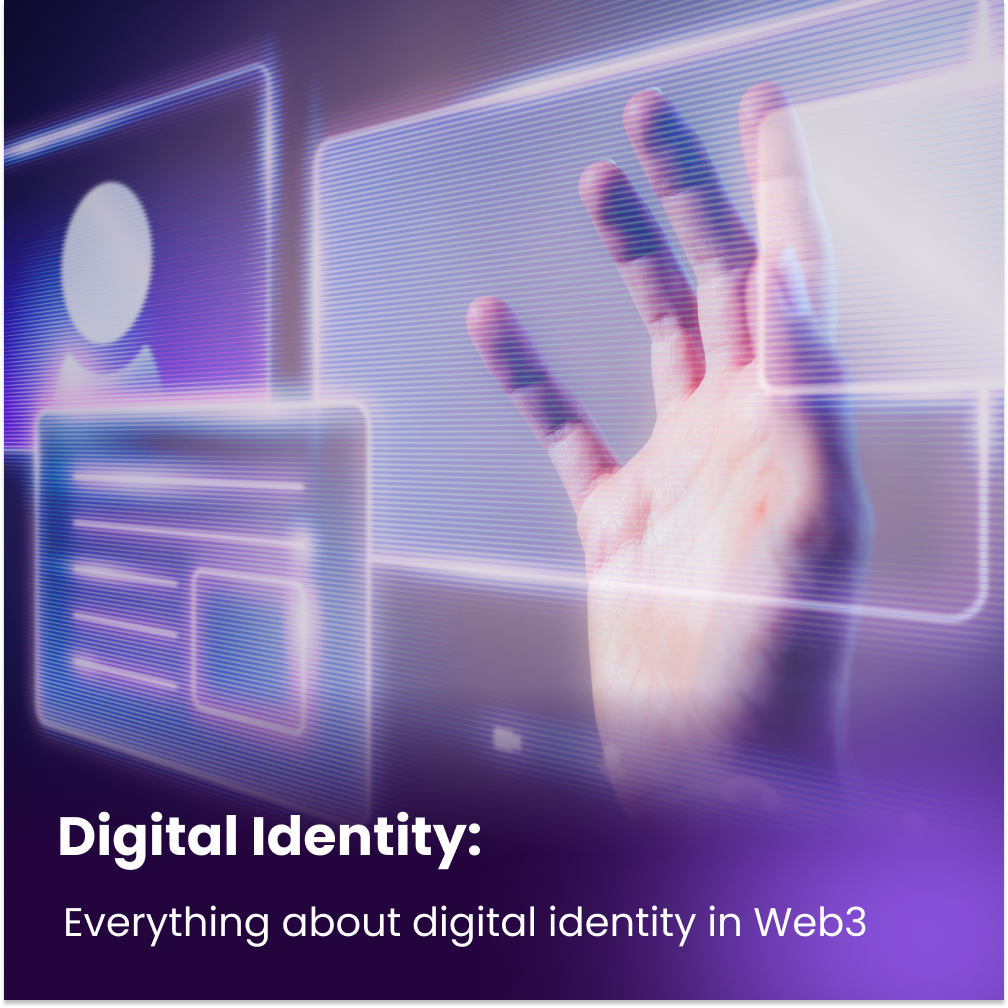DAO Meaning: The Top 7 Things You Need to Know About in 2023
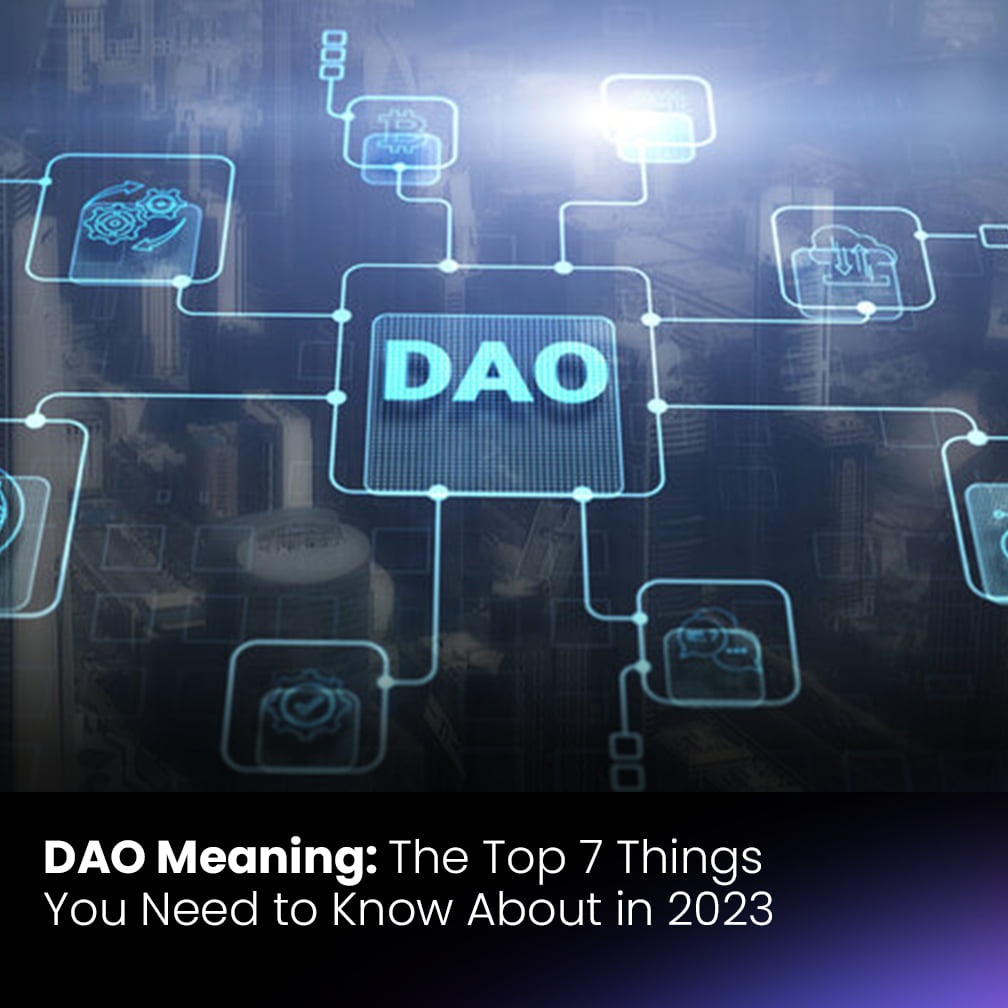
Estimated reading time: 6 minutes
DAO meaning is one of those internet buzzwords term that keeps popping up everywhere these days. But for the average person, understanding what the heck a DAO actually is can feel as confusing as mastering quantum physics! Well, put on your spatial thinking cap, because this beginner’s guide will explain the core basics of DAOs (decentralized autonomous organizations) in simple terms. Whether you’re just hearing about DAOs now or struggling to connect the dots, this primer breaks down the key things you need to grasp this transformative new crypto structure taking over in 2023.
Table of contents
DAOs 101 Meaning – The 30 Second Crash Course
Let’s start with a super quick DAO meaning overview before diving deeper.
A decentralized autonomous organization operates without centralized control or hierarchy. DAOs are internet communities collectively governed by programmed rules enforced on blockchain.
DAOs allow coordinated group action and funding for shared projects and entities without traditional management. Members pool resources and vote on decisions transparently using tokens.
Now let’s unpack what all that means in plain English!
1. DAOs Are All About Decentralization
DAOs exist to decentralize things traditionally managed top-down in a centralized manner. Rather than a company structure with executives making all the calls, DAOs spread out control.
DAOs can decentralize the governance of protocols, apps, funds, organizations, charities, investor groups, media outlets, creator collectives…you name it. Anything that runs autonomously by distributed stakeholders.
Decentralization transfers power from concentrated authorities to entire communities. This drives DAOs’ means disruptive potential across industries.
2. DAOs Run via Programmed Rules
DAOs aren’t just informal internet communities. What structurally defines a DAO is programmed rules that are transparently embedded on blockchain.
These self-executing scripts codify the organization’s charter to align incentives and automatize governance. For example, treasury management, voting mechanics, membership terms.
DAO code turns vague promises into immutable policies that cannot be altered or broken. Everything the decentralized collective does must adhere to the protocol.
3. DAOs Leverage Tokenized Governance
An integral part of a DAO’s programmed rules are governance tokens that give voting rights to members. Tokens let distributed individuals coordinate decisions and enjoy the upside of projects.
Tokens quantify each member’s involvement. More tokens equal more voting sway and access to rewards. Tokens are managed via the blockchain, avoiding centralized control.
This tokenized structure aligns incentives around collective needs rather than external shareholders. The community itself steers the ship.
4. Unlocks New Funding Models
Early DAOs like ConstitutionDAO crowdfunded millions from global supporters united behind a specific cause (trying to win a copy of the Constitution!).
DAOs allow capital to form passion projects through collaboration. Whether it’s purchasing documents or growing protocols, DAOs open new direct paths to fundraise.
The future could see decentralized VC funds, philanthropies, social clubs, advocacy groups, and more funded through DAOs rather than traditional means.
5. Require Active Participation
Since DAOs have no bosses calling shots from corner offices, they live and die based on member participation. Without it, nothing happens.
Every member commits time and resources toward the organization’s success. In return they reap token rewards and voting rights.
This cycle of active contribution is key for DAOs to function. Skin in the game and a vote keeps everyone engaged beyond lip service.
6. They Are Still Super Early Stage
While the DAO buzz is loud, we’re still in the early innings. High profile disasters like the 2016 collapse of The DAO marred early perceptions.
But new blockchain advancements enable more complex functionality, driving a new wave of interest. Despite their big potential, DAOs remain largely experimental.
As more success stories emerge, we’ll see DAO structures tailored to various use cases. But mainstream comfort and regulatory clarity are still lacking in 2023.
7. DAOs Align People Around Shared Values
Despite technical and regulatory hurdles, DAO pioneers share a uniting ethos – leveraging decentralized platforms to connect people worldwide around passions, causes, and ideas.
DAOs can incentivize strangers to collaborate toward something bigger than profit motives. That communal spirit will nourish tomorrow’s crowd-run platforms.
To harness DAOs successfully, we must focus first on human connections rather than just clever code. That cultural foundation supports any technology.
Getting Started
- Join Discord servers and follow specific DAOs on Twitter to observe community dynamics.
- Explore DAO job boards and open grant opportunities to understand emerging roles.
- Research DAO funding rounds on platforms like DAOMaker and participate as an investor.
- Look into DAO digital media publications where you can read, write, and engage as a community member.
- Track unicorn leaderboard DAOs making waves like Friends with Benefits and CityDAO.
- Check educational groups like DAO University that welcome new learners into the conversation.
Cautions and Challenges
Despite their promise, DAOs still warrant reasonable caution as with any new technology:
- Speculation draws opportunists looking to get rich quick rather than create real value.
- Founding teams could exploit communities rather than designing for fair participation.
- Programming flaws or security risks could lead to disastrous losses as with The DAO hack.
- Lofty ambitions paired with inadequate decentralization creates centralized “DAO theater”.
- High buy-in requirements around tokens potentially exclude wider communities.
While challenges exist, DAO innovation must continue with transparency, ethics, and user safety as priorities.
What Industries Are Primed for DAO Disruption?
Here are some sectors where decentralized structures could unlock new potential:
- Media – Audience-owned co-ops funding independent journalism and content creation.
- Science – Tokenized research groups collaborating across borders and institutions.
- Activism – Grassroots advocacy efforts coordinated bottom-up around causes.
- Gaming – Player-run eSports leagues, guilds, and spatial worlds.
- Venture Capital – The investment arm of any niche community of believers and subscribers.
- Philanthropy – Charities without restrictive central org controlling funds and direction.
Nearly any industry stands to gain from properly implemented decentralization. Where could DAOs reshape your field?
FAQ
Q: What is the main benefit of a DAO?
A: The main benefit of a DAO is the elimination of centralized authority and the empowerment of participants through decentralized decision-making.
Q: How are decisions made in a DAO?
Decisions in a DAO are made through voting mechanisms. Participants, who hold tokens representing ownership and voting rights, can vote on proposals such as fund allocation, project approval, and changes in governance rules. Different voting mechanisms, such as simple majority, quadratic voting, and delegated voting, ensure that decisions reflect the collective will of the community.
Q: How secure are DAOs?
A: DAOs utilize blockchain technology, which provides a high level of security. Transactions and decisions made within a DAO are recorded on a temper-proof and transparent ledger, ensuring the integrity of the organization’s operations. Additionally, DAOs can implement security measures such as multi-signature wallets, bug bounties, and audits to further enhance security and protect the funds and data within the DAO.
Q: Can anyone participate in a DAO?
A: Yes, in most cases, anyone can participate in a DAO. DAOs meaning aim to be inclusive and open to individuals from all backgrounds. Participation typically requires owning tokens or shares in the DAO, which can be obtained through various means such as purchasing, earning, or contributing to the organization’s activities.
Final Thoughts on the DAO Future
DAOs represent a new paradigm for mobilizing capital, energy, and coordination across the internet. But like any powerful tool, they require diligent oversight and thoughtful application to improve life rather than amplify harm.
Governance based on codified rules, game theory, and crowdsourced wisdom offers an alternative to fallible singular leaders. But decentralized systems come with their own flaws and risks when poorly designed.
DAOs will continue rapidly evolving. Those proceeding with transparency, caution, and care will provide the success stories needed to prove this model over the long-term. The rest remains hearsay and speculation until we see real impact.
But at their best, DAOs could democratize opportunity and bring out our most ambitious shared aspirations. When the honeymoon phase fades, we’ll need more than just novelty to create tangible good. But the potential is brighter than ever.
